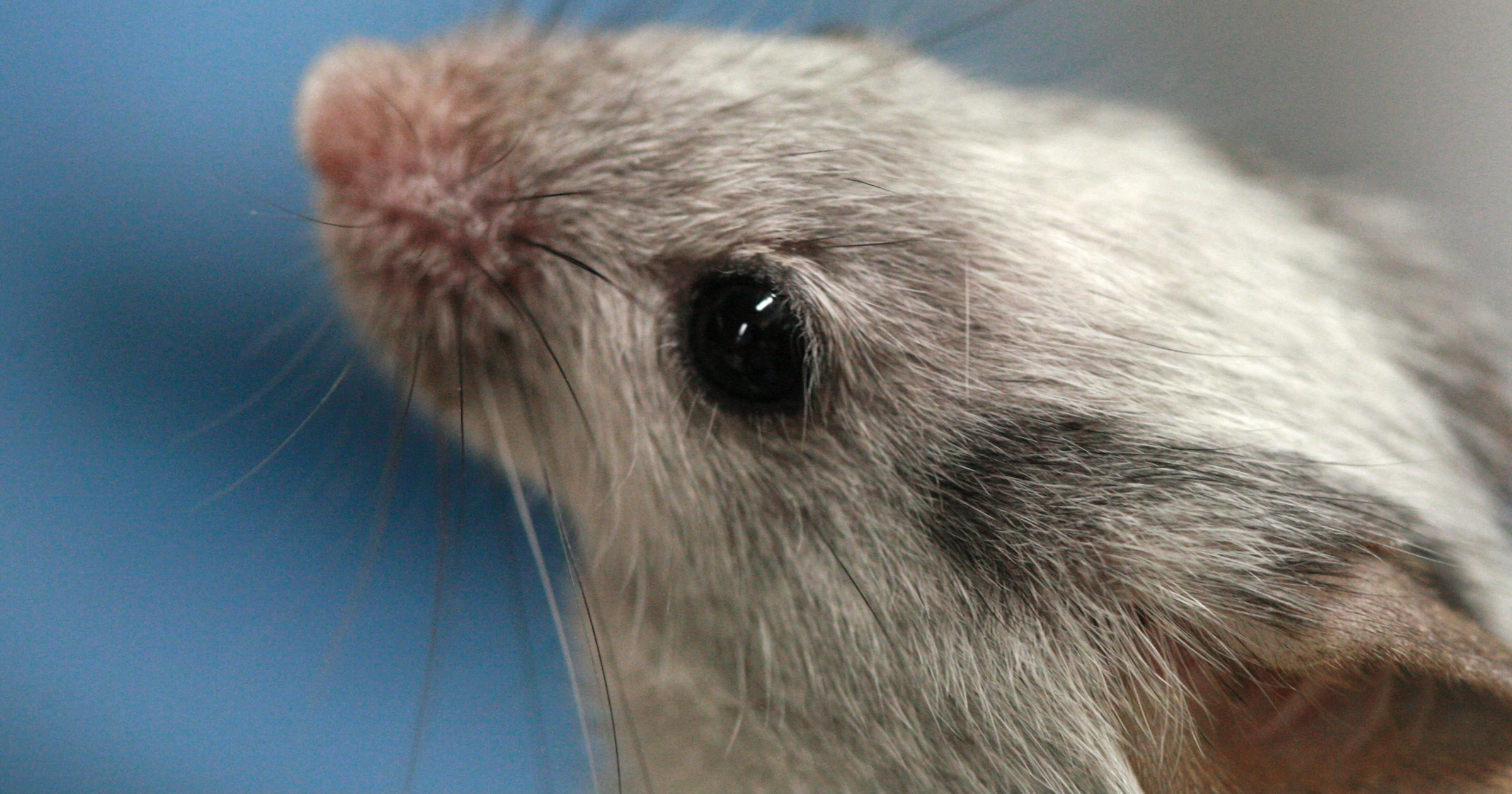 Intelligent Design
Intelligent Design
 Neuroscience & Mind
Neuroscience & Mind
How Brains Use Data Compression to Get Things Right

We are used to thinking of data compression in connection with computers but a recent study with mice shows that brains compress data too. The researchers ask us to imagine a dilemma from an
early video game:
If you were a kid in the 80s, or are a fan of retro video games, then you must know Frogger. The game can be quite a challenge. To win, you must first survive a stream of heavy traffic, only to then narrowly escape oblivion by zig-zagging across speeding wooden logs. How does the brain know what to focus on within all this mess?
CHAMPALIMAUD CENTRE FOR THE UNKNOWN, “THE BRAIN APPLIES DATA COMPRESSION FOR DECISION-MAKING” AT EUREKALERT (JUNE 6, 2022)
Driving in snarled, heavy traffic can feel like that…
Neuroscientists are well aware that, when processing data from our senses, our brains routinely block out information that is irrelevant to an immediate, pressing problem. A person who suddenly smells smoke from the kitchen might barely hear the ring tone of an anxiously awaited, important phone call just coming in.
Priority Processing
But are the cognitive areas of our brains similarly adapted to priority processing? It can’t be done simply by simply blocking out irrelevant signals. If it’s cognitive, there aren’t any signals. The current research, using mice, points to a different technique for focused cognitive decision-making:
A study published today (June 6th) in the scientific journal Nature Neuroscience provides a possible solution: data compression. ‘Compressing the representations of the external world is akin to eliminating all irrelevant information and adopting temporary ‘tunnel vision’ of the situation”, said one of the study’s senior authors Christian Machens, head of the Theoretical Neuroscience lab at the Champalimaud Foundation in Portugal.
CHAMPALIMAUD CENTRE FOR THE UNKNOWN, “THE BRAIN APPLIES DATA COMPRESSION FOR DECISION-MAKING” AT EUREKALERT (JUNE 6, 2022); THE PAPER REQUIRES A FEE OR SUBSCRIPTION BUT YOU CAN READ THE PREPRINT FOR FREE.
So how did the mice show this?:
The mice were challenged with estimating if two tones were separated by an interval longer than 1.5 seconds while researchers recorded the activity of dopamine neurons, known to play a key role in learning the value of actions.
“If the animal wrongly estimated the duration of the interval on a given trial, then the activity of these neurons would produce a “prediction error” that should help improve performance on future trials,” Christian Machens, one of the study’s senior authors, said in a news release.
ADAM SCHRADER, “BRAIN APPLIES ‘DATA COMPRESSION’ WHEN MAKING DECISIONS, STUDY FINDS” AT UPI (JUNE 6, 2022)
Of course, the mice were was rewarded for getting the answer right.
The researchers noted in a preprint of the study that the mice almost always made the correct choice, but that the results became more variable the closer they were to the 1.5-second target. Previous research has shown that animals estimate their own ability to correctly classify different stimuli.
ADAM SCHRADER, “BRAIN APPLIES ‘DATA COMPRESSION’ WHEN MAKING DECISIONS, STUDY FINDS” AT UPI (JUNE 6, 2022)
Loss but Not Failure
And where does compressed data come in? Greater compression resulted in some information loss (lossy compression) but not total failure:
The team discovered that only models with a compressed task representation could account for the data. “The brain seems to eliminate all irrelevant information. Curiously, it also apparently gets rid of some relevant information, but not enough to take a real hit on how much reward the animal collects overall. It clearly knows how to succeed in this game”, Machens said.
CHAMPALIMAUD CENTRE FOR THE UNKNOWN, “THE BRAIN APPLIES DATA COMPRESSION FOR DECISION-MAKING” AT EUREKALERT (JUNE 6, 2022)
Eating very much concentrates the mouse mind; we just didn’t know that the mice use a technique somewhat like AI to do it.
Read the rest at Mind Matters News, published by Discovery Institute’s Bradley Center for Natural and Artificial Intelligence.
